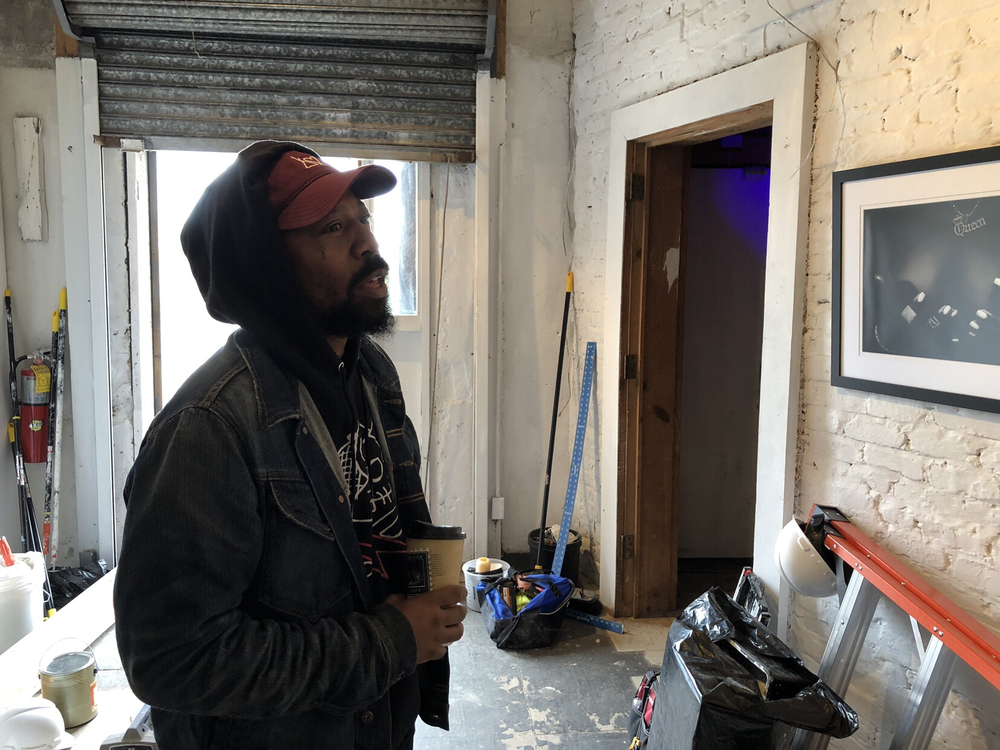Section Branding
Header Content
While Some Southern Schools Examine Connections With Slavery, Tensions Rise At UGA
Primary Content
Town and gown tensions are high at the University of Georgia as the end of the school year nears. Amid national conversations about the historical role of U.S. colleges and universities in slavery, community leaders and a group of faculty are calling on UGA to do more to address its own slave past.
But in a letter to the editor of UGA's student newspaper, The Red & Black, UGA President Jere Morehead said the university had "carefully considered all aspects" of a memorial constructed in 2018 to recognize and honor the legacy of individuals who were enslaved in Athens during the 19th Century.
On Second Thought host Virginia Prescott speaks with Sofi Gratas and Hilary Green.
In late 2015, gravesites from the late 18th to the late 19th centuries were discovered amid construction on UGA's Baldwin Hall, which houses the anthropology and criminal justice departments. Construction was subsequently halted and skeletal remains from the graves were exhumed for DNA analysis. More than 20 of the individuals whose remains were analyzed were determined to have African ancestry. Given the span of time during which they were buried, it is "virtually certain" they were slaves or former slaves, according to a UGA faculty report. In 2017, their remains were reinterred at Oconee Hill Cemetery, close to UGA's campus.
"The University of Georgia handled the Baldwin Hall matter appropriately, and our response actually went far beyond what is required by the law," Morehead told The Red & Black.
Still, some university employees and local groups, including the NAACP's Athens chapter, have urged the university to pursue further study of slavery at UGA and consider reparations for descendants of slaves.
On Second Thought spoke about the situation with Red & Black city news editor Sofi Gratas, who's been covering the story. We also heard from University of Alabama professor Hilary Green, who has studied and leads tours about the legacy of slavery at her university – possibly the first in the country to acknowledge and apologize for its role in slavery in 2004.
Get in touch with us.
Twitter: @OSTTalk
Facebook: OnSecondThought
Email: OnSecondThought@gpb.org
Phone: 404-500-9457


